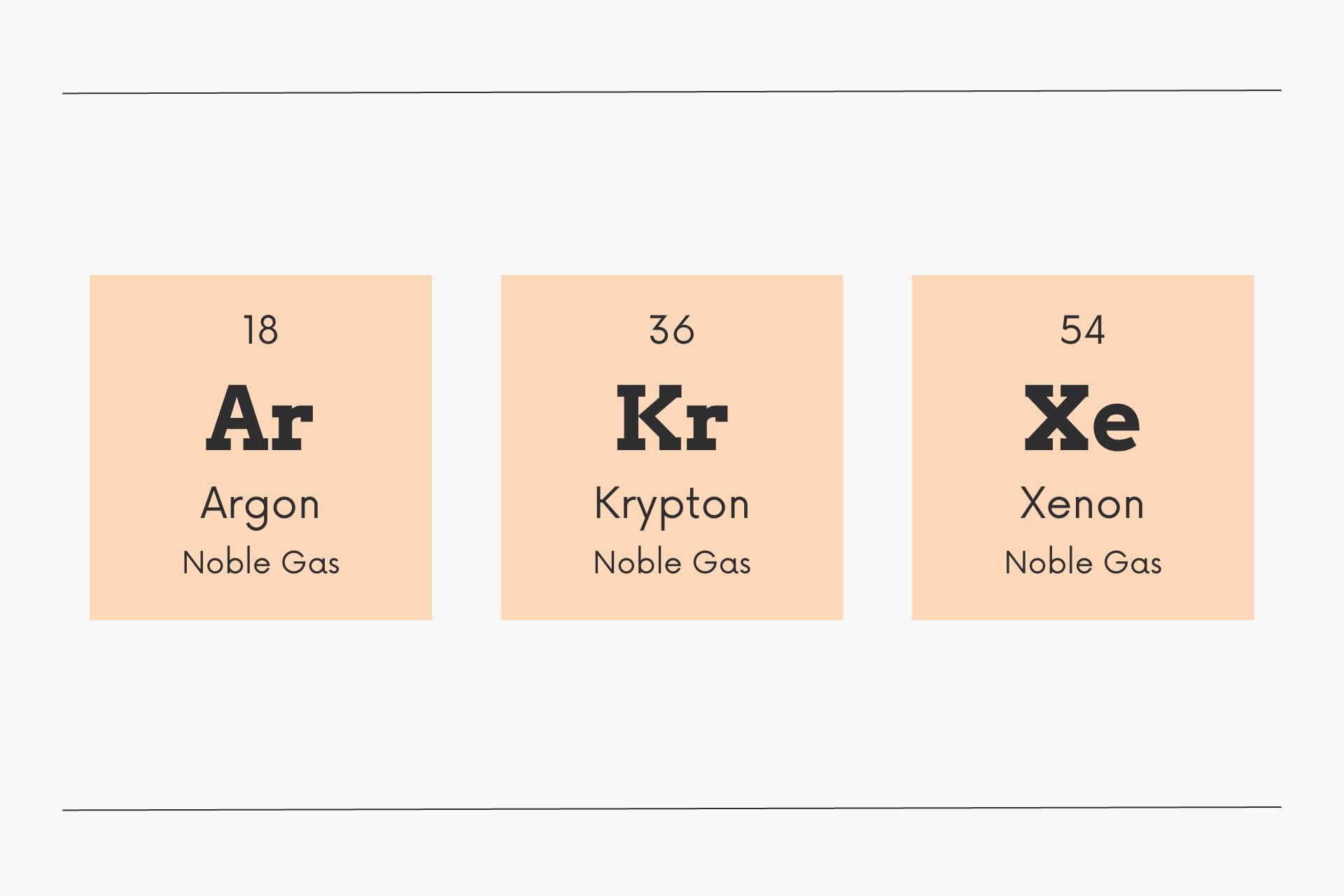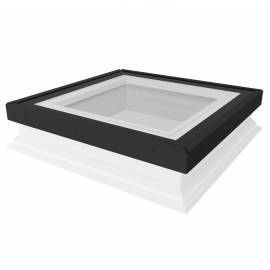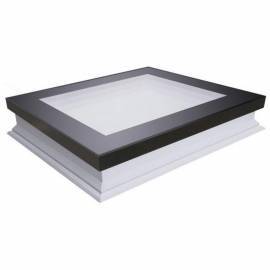From noise reduction to insulation and UV protection, the gas used in double and triple-paned windows serves very important functions. And if you’ve been shopping around for windows, this information isn’t new to you.
But what’s much less known is that there isn’t a single type of gas used. There are three major ones, and choosing the right one is very important since it’ll impact both the cost and utility of your windows. And in this article, we’ll go over all three major gases and their advantages and disadvantages so you can make an informed decision.
Table of Contents
Argon Gases
Argon is a colorless, odorless, and non-toxic gas. It is the most common gas used to fill double and triple-glazed windows. It offers a range of advantages that makes it very attractive, but its drawbacks are substantial, and for someone looking for energy-efficient windows, looking for alternative options might be a good idea.
Advantages:
- Improved Energy Efficiency: Although not on par with the other gases, argon is still a great insulator and helps to reduce heat loss.
- Cost-Effective: Argon is a relatively inexpensive gas, making it a cost-effective option for improving the energy efficiency of windows without substantially raising costs. This feature is why it is the most commonly used gas in both double-glazing and triple glazing.
Disadvantages:
- Limited Effectiveness: Argon gas is effective at reducing heat transfer, but its effectiveness is limited compared to the alternative. Although it is still excellent in most situations, if you have to get the best of the best, the extra expense of going with another gas might be worth it.
- Not Suitable for All Climates: While Argon gas can improve energy efficiency in most situations, it may not be the best option in extremely cold or hot climates. In these climates, Krypton or Xenon gas may be more effective. Though, this isn’t typically a worry for residents in Britain as winter weather is relatively mild.
Krypton Gases
Like Argon gas, Krypton is a noble gas used to fill the space between panes in double-glazed windows. Krypton-filled windows offer even better insulation than Argon-filled windows, making them a popular option for high-end homes and buildings.
Advantages:
- Excellent Insulation: Krypton gas is denser than Argon gas, which makes it a more effective insulator. This means that Krypton-filled windows can provide even better insulation and energy efficiency than Argon-filled windows.
- Easy Installation: Unline its xenon-filled counterparts, you don’t need specialized equipment to install your new windows filled with krypton. This makes them more accessible while having better performance preventing heat loss. If you’re worried about your energy bills but you don’t want to break the bank, Krypton is the way to go.
Disadvantages:
- Cost: Krypton gas is more expensive than Argon gas, which, naturally, makes Krypton double glazing more expensive than Argon-filled double glazing. This can be a barrier for some homeowners and builders. You have to decide for yourself if the extra upfront cost is worth it for you.
- Limited Availability: Krypton gas is less commonly used than Argon as a double-glazing gas, which can make it harder to find and install Krypton-filled windows. And even when you find them, you’ll be more limited in the styles, sizes, and brands you can choose from.
Xenon Gases
Xenon is a relatively heavy noble gas that is used in high-performance triple and double glazing. Xenon-filled windows offer the highest level of insulation and energy efficiency, making them an excellent option for extreme climates and energy-efficient buildings.
Advantages:
- Superior Insulation: Xenon gas is even denser than Krypton, which makes it the most effective insulator of the three gases.
- Longevity: Xenon gas has a low rate of diffusion, which means that it is less likely to leak out of the window over time, resulting in longer-lasting insulation.
Disadvantages:
- Cost: Xenon gas is the most expensive of the three gases. This can be a significant cost barrier for some homeowners and builders.
- Installation Challenges: Installing Xenon-filled windows requires specialized equipment and expertise, which makes it more challenging and time-consuming than installing other types of windows.
Other products in category: Fakro
£550.83 tax excl.
Other products in category: Fakro
£819.17 tax excl.


